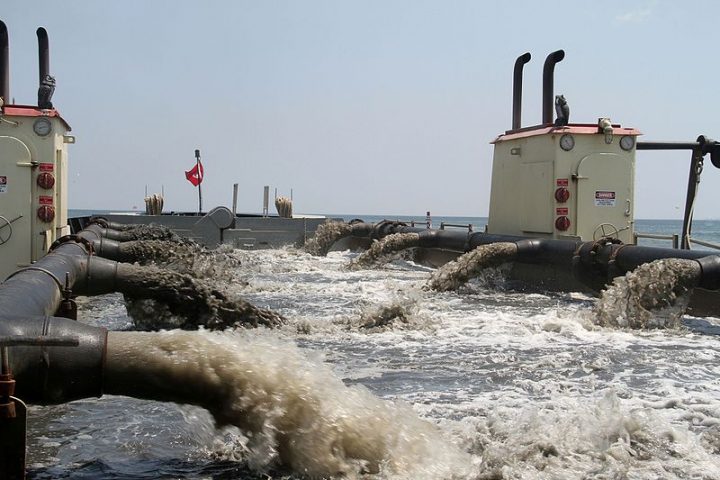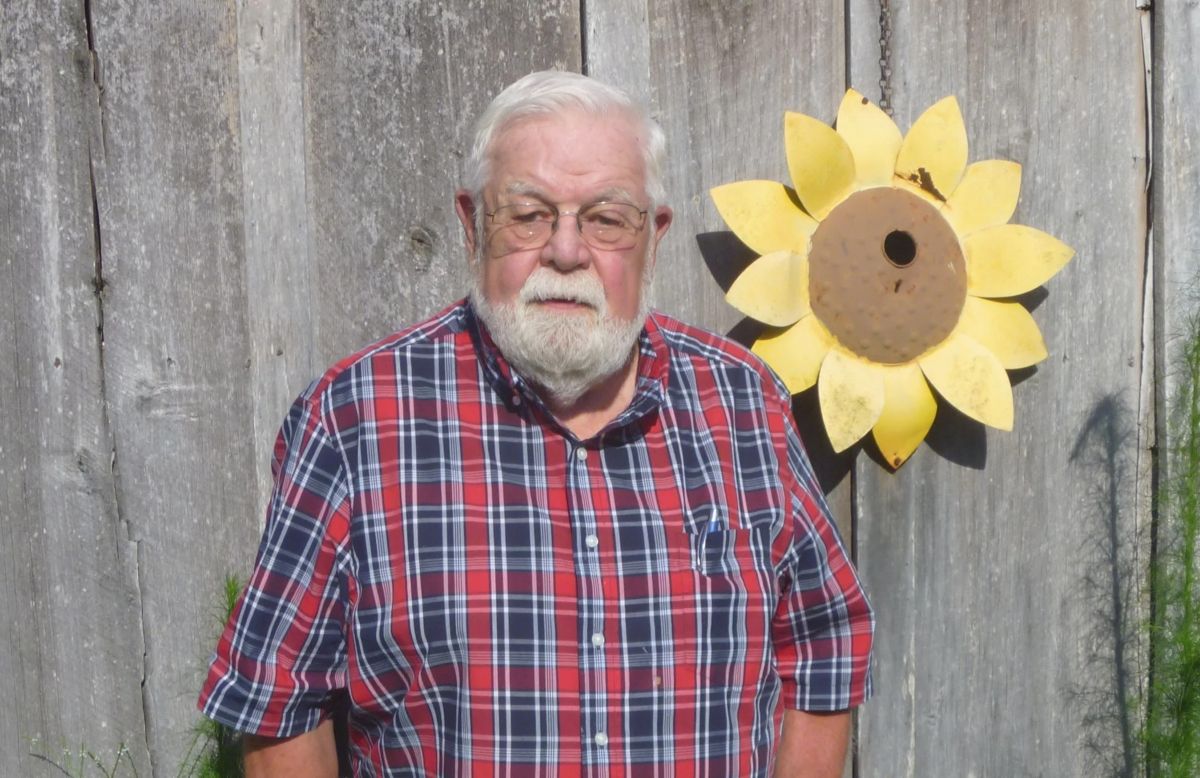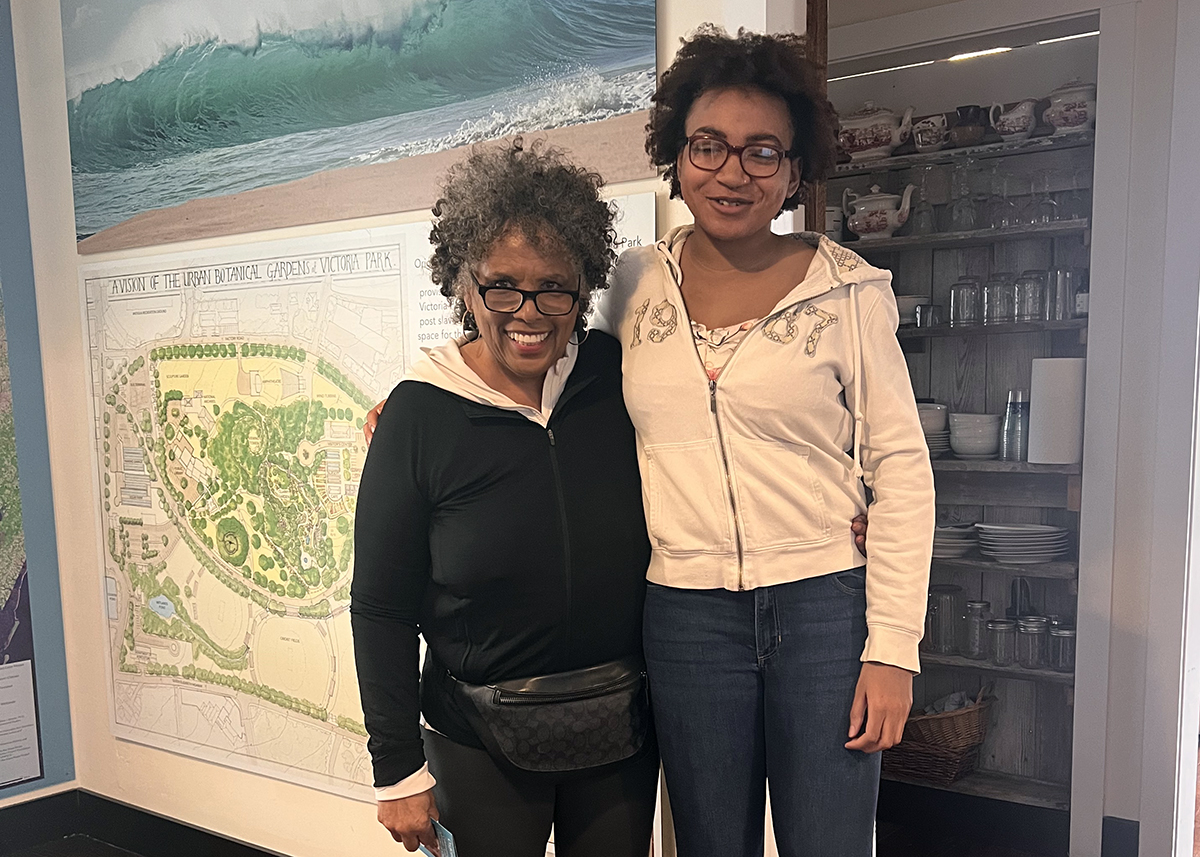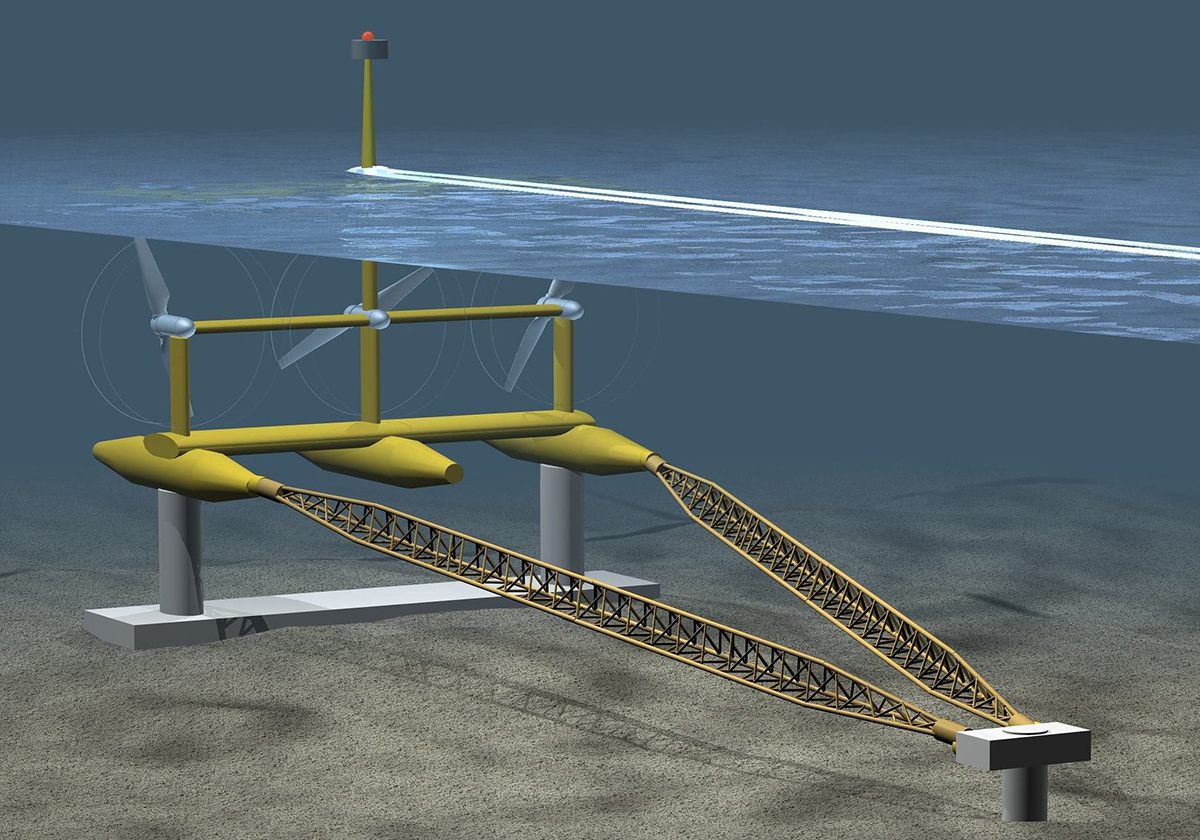
A lawsuit filed last week challenges the Army Corps of Engineers’ decision to allow hopper dredging year-round in the harbors at the state ports in Wilmington and Morehead City.
For decades, maintenance dredging using a hopper dredge was only performed during the winter months, when endangered marine life was less abundant in state waters.
Supporter Spotlight
Despite opposition from environmental groups, the Corps during the past year has eliminated the hopper dredging window, a seasonal environmental moratorium most recently in place between April 1 and Dec. 15.
Last week, the Southern Environmental Law Center, on behalf of Cape Fear River Watch, the North Carolina Wildlife Federation and Defenders of Wildlife, filed the challenge against the Corps’ “unlawful decision to eliminate highly successful seasonal limitations on hopper dredging projects that have protected sea turtles, fish species and other marine life for decades.”
The law center states in its challenge that this year, the Corps intended to complete maintenance hopper dredging in Wilmington and Morehead City as well as Brunswick and Savannah Harbors in Georgia between May and July. In May a federal judge in the Georgia put a stop to the Corps’ plans and required the Corps to adhere to the traditional hopper dredging window for the Harbor. The Corps conducted maintenance dredging with a hopper dredge in Morehead City Harbor in late May and in Wilmington Harbor in late June.
“Based on information and belief, during the course of dredging Morehead City Harbor, the Corps recorded three fatal sea turtle takes. In addition, three more turtles were captured and relocated during dredging operations,” according to court documents.
‘Maximum flexibility’
The Corps states in its final Deep Draft Environmental Assessment and Finding of No Significant Impact released in February that the ability to dredge any time of year is necessary to maintain the outer reaches of the Wilmington and Morehead City harbors to full project depths and widths at reasonable costs.
Supporter Spotlight
“Eliminating the dredging window would provide maximum flexibility to obtain contract dredges when maintenance dredging is most needed and allow minimizing of risk to listed species as outlined in the 2020 SARBO,” according to the document. SARBO is the 2020 South Atlantic Regional Biological Opinion for Dredging and Material Placement Activities in the Southeast United States.
“Removing window restrictions would also allow dredges to continue working until project completion, rather than having to stop and return at a later date to complete the work,” according to the Corps. “Additionally, elimination of the historic hopper dredging window would alleviate the need to limit the scope of dredging to the bare minimum needed to keep channels open since work could be performed any time of year. This would allow the USACE to perform maintenance dredging to full authorized project dimensions. “
The lawsuit filed Aug. 4 with the U.S. District Court for the Eastern District of North Carolina asserts that the Corps did not properly explain its reversal in agency practice under the Administrative Procedure Act and failed to conduct a full and accurate environmental review required by the National Environmental Policy Act.
‘Dire consequences’
“The Corps’ unjustified about-face will have dire consequences for coastal wildlife,” said Ramona McGee, staff attorney for the Southern Environmental Law Center, in a statement. “These historic seasonal restrictions on dredging have been in place for decades and supported by numerous scientific entities precisely because they work.”
The SELC warns in the lawsuit that hopper dredging in the spring and summer months is especially harmful to sea turtles, “because more sea turtles overall are present when the water temperature is higher, and nesting females in particular are present during these months as they approach beaches to nest. Nesting female sea turtles have to swim past the hopper dredges to reach the beaches and return to open water, placing them at risk of entrainment or other sub-lethal impacts.”
Five different species of Endangered Species Act-listed sea turtles — hawksbill, leatherback, loggerhead, green, and Kemp’s ridley — breed and nest on the North Carolina coast.
“Biologists have recognized the dangers of hopper dredging to sea turtles since at least 1980, when more than 70 turtles were killed or injured by hopper dredges between July and November in Canaveral Channel, Florida. For the next decade, hundreds of sea turtle deaths occurred as a result of hopper dredging throughout Southeast channels,” according to the SELC.
The hopper dredge window has been in place since several loggerhead sea turtle deaths occurred at Morehead City in the late 1990s. the Wilmington District implemented a self-imposed hopper dredging window Jan. 1 to March 31, in coordination with the National Marine Fisheries Service Habitat Conservation Division with state agencies through the Federal Coastal Zone Management Act process, according to the Corps. The action is covered under Section 7(a)(1) of the Endangered Species Act.
“The Corps has historically been willing and able to dredge in the winter to avoid the biologically-active spring and summer months,” said Kemp Burdette, Riverkeeper for Cape Fear River Watch in a release. “Switching course doesn’t make sense and would pose an enormous threat to fish stocks and at-risk sea turtles at a time when their population numbers are already declining.”
During the spring and summer months, endangered Atlantic and shortnose sturgeon are often present in Wilmington and Morehead City harbors. These fish are at risk of being trapped in the hopper dredge because the fish swim through and near the project area to travel between the estuaries and open water. The lower Cape Fear River, within the Wilmington Harbor project area, is designated as critical habitat under the Endangered Species Act for Atlantic sturgeon, the SELC states.
Hopper dredging also poses significant risks to commercially and recreationally important fish species and fish habitat. Smaller species of fish are crushed by dredging operations, making the species hard to identify. Hopper dredging increases sedimentation in the water and reduces dissolved oxygen levels, which can disrupt spawning, breeding and growth activities, according to the SELC.
“The Corps is needlessly killing some of North Carolina’s most iconic coastal species with this reckless reversal,” said Heather Clarkson, Southeast outreach representative at Defenders of Wildlife in a statement. “We demand the Corps reinstate these tried-and-true wildlife-saving protocols immediately.”
Environmental review
The Corps in early April 2020 sent out by email a scoping letter, and a meeting was held virtually later that month regarding the proposal to eliminate the hopper dredge window. A draft environmental assessment was made available to local, state and federal regulatory agencies and the public July 27, 2020, for a 30-day review and comment period. The comment period was then extended 15 days, per the Corps.
The Corps included in the final environmental assessment released in February comments about the proposed action from the U.S. National Marine Fisheries Service, state Division of Environmental Quality, North Carolina Wildlife Resources Commission, South Atlantic Fisheries Management Council, Southern Environmental Law Center, N.C. Ports Authority, Audubon North Carolina, Bald Head Island, Oak Island and Kure Beach and the Corps’ response.
Many of the comments provided to the Corps last fall took issue with the draft environmental assessment and proposed action. The Department of Environmental Quality commented, “Not enough data to support the proposed change. All comments and concerns in May 7, 2020 scoping comment letter remain the same. Synthesis and analysis of data collected at Beaufort Inlet will require additional time. Premature to say that action will result in only minor and short-term impacts.” The Corps responded that after discussions with the state and federal agencies, the Corps has agreed to hopper dredging and bed leveling without window restrictions for an initial period of three years.
The South Atlantic Fisheries Management Council wrote, “Elimination of hopper windows is inconsistent with established Council policy developed to aid in effective management of economically significant fisheries closely tied to these habitats.” The Corps responded to this comment with the proposed three-year period with no dredge window.
The Corps in August 2020 submitted a copy of the draft environmental assessment and consistency determination to the state Division of Coastal Management. The Corps provided additional information in December 2020, outlining commitments to monitor for three years during dredging at both harbors. The division provided its final federal consistency decision on Dec. 31, 2020, which is valid while the Corps monitors the harbors for three years.
The Corps said that based on findings described in the environmental assessment released in February that it was in the federal interest to allow hopper dredging and bed leveling to occur without the historic restriction.
“The overall benefit of the proposed action is that it will allow for flexibility and assurance in maintaining the (Wilmington) and (Morehead City) navigation channels balanced with species protection, reduced maintenance dredging costs, and provision of a safer, more navigable channel for ships calling on the Ports,” according to the environmental assessment. Also, bed leveling could help reduce the duration of each dredging project, which would lessen impacts.
The Wilmington District worked with the National Marine Fisheries Service Habitat Conservation Division, the state divisions of Coastal Management, Marine Fisheries and Water Resources as well as Wildlife Resources Commission to develop the management process for maintaining the harbors.
For the next three years the Wilmington District, whose area includes both state ports, may perform maintenance dredging any time of year while monitoring the harbors in partnership with state and federal agencies.
“It is important to note that this is not a static three-year period,” said Col. Benjamin Bennett, Wilmington District Commander in February. “During the three-year period, adjustments will be made based on working groups with state and federal agencies. The idea of a three-year period was developed in collaboration with our partners including the North Carolina Division of Coastal Management and the National Marine Fisheries Service.”
When new data and information are acquired and experience is gained, it is to be fed back into the process. The latest information and experience is to be used to inform decisions about the timing of dredging, equipment types or impact minimization measures, which officials say will help the Corps better balance environmental concerns while adequately maintaining Wilmington and Morehead City harbors.







